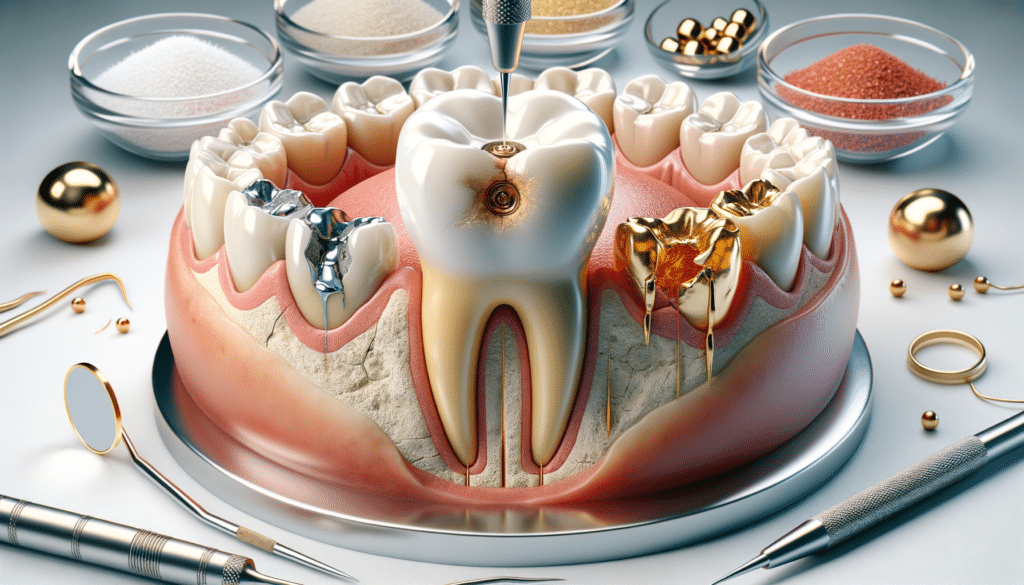Introduction to Dental Crowns
Dental crowns are a pivotal component in the realm of restorative dentistry, serving both functional and aesthetic purposes. These tooth-shaped caps are designed to encase the visible portion of a tooth, providing strength, improving appearance, and restoring functionality. Dental crowns are often recommended for teeth that are weakened by decay, have undergone root canal treatment, or are severely worn down. With advancements in dental technology, crowns have become an accessible and effective solution for many patients seeking to enhance their oral health and smile.
Types of Dental Crowns
Dental crowns come in a variety of materials, each offering unique benefits and considerations. The selection of the crown material often depends on the specific needs of the patient, including aesthetic preferences, durability requirements, and budget. Here are some common types of dental crowns:
- Porcelain Crowns: Known for their natural appearance, porcelain crowns are a popular choice for front teeth. They mimic the translucency of natural teeth, making them an excellent option for achieving a seamless look.
- Metal Crowns: Made from gold or other metal alloys, these crowns are renowned for their strength and durability. They are less likely to chip or break, making them suitable for molars that endure heavy chewing forces.
- Porcelain-Fused-to-Metal (PFM) Crowns: Combining the aesthetic appeal of porcelain with the strength of metal, PFM crowns offer a balanced solution for both front and back teeth.
- Zirconia Crowns: These crowns are made from a highly durable ceramic material, providing strength comparable to metal crowns while maintaining a tooth-like appearance.
The Procedure for Getting a Dental Crown
The process of obtaining a dental crown typically involves two visits to the dentist. During the first visit, the dentist prepares the tooth by removing any decay and reshaping it to accommodate the crown. An impression of the tooth is then taken to create a custom-fit crown. A temporary crown is placed to protect the tooth while the permanent crown is being fabricated. On the second visit, the temporary crown is removed, and the permanent crown is cemented onto the tooth. This procedure is relatively straightforward and is performed with local anesthesia to ensure patient comfort.
Benefits and Considerations of Dental Crowns
Dental crowns offer numerous benefits, making them a favorable choice for many dental patients. Some of the key advantages include:
- Protection and Strength: Crowns provide a robust shield for weakened teeth, preventing further damage and enhancing durability.
- Aesthetic Improvement: Crowns can significantly enhance the appearance of teeth, offering a natural and uniform look.
- Functional Restoration: By restoring the shape and size of a tooth, crowns help maintain proper bite alignment and chewing efficiency.
However, there are considerations to keep in mind. Crowns may require replacement over time due to wear or damage. Additionally, certain materials may cause allergic reactions in some individuals, so it’s important to discuss any known allergies with your dentist.
Maintaining Your Dental Crowns
Proper care and maintenance are essential to extend the lifespan of dental crowns. Regular dental check-ups, along with good oral hygiene practices, play a crucial role in preserving the integrity of the crown. Patients should brush twice daily with a non-abrasive toothpaste and floss regularly to prevent plaque buildup around the crown. Avoiding hard foods and using a mouthguard during sports activities can also help protect crowns from damage. With diligent care, dental crowns can last for many years, providing a lasting solution for dental restoration needs.





